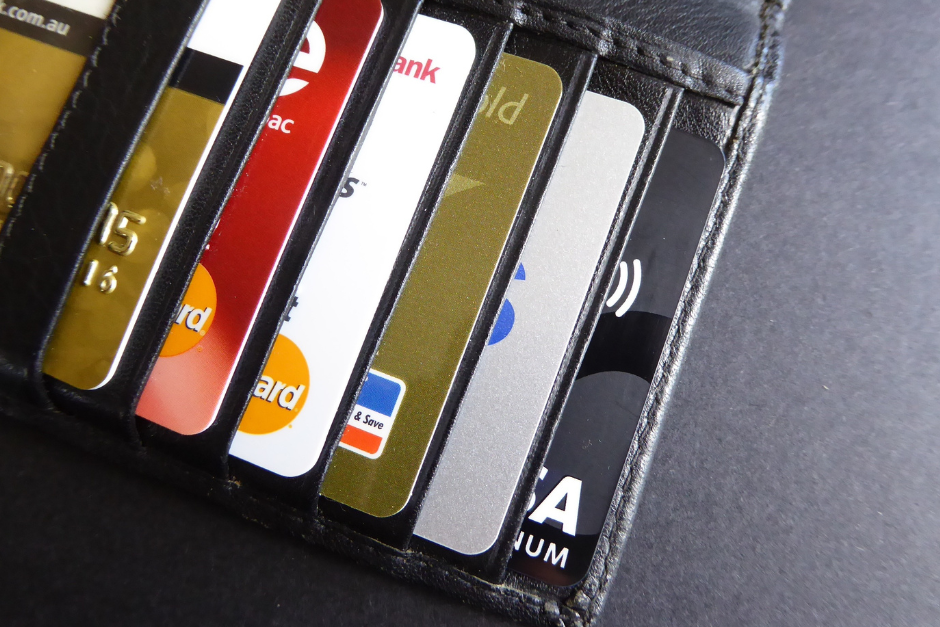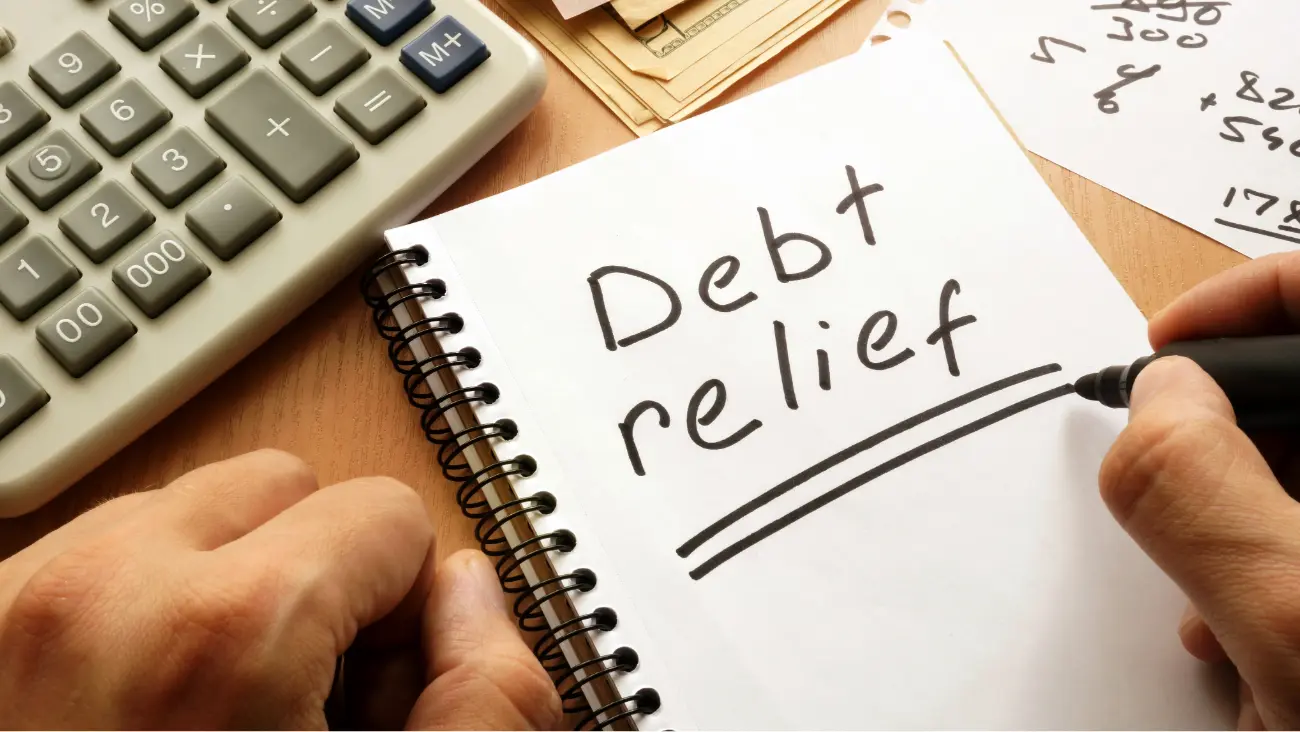
When you need to buy an item, but you don’t have the cash to buy it outright, you still have a few options to make the purchase. One of the most common methods is a credit card, which allows you to receive the item immediately and pay it off over time. Another option is layaway.
Layaway programs allow you to pay the item off over time. For a layaway item, you won’t get to access your purchase until it is paid off in full. There are also some other key differences between credit cards and layaway, including how they affect your good credit score.
How Layaway and Credit Cards are Different
Both layaway and credit cards let you pay off a purchase over time. You need to make a minimum monthly payment, and you may face penalties if you don’t make your payments on time. But, after that, the similarities end.
Your purchase is immediately processed with a credit card. You don’t have to wait to take the item home. The amount of your purchase is added to your credit card balance, and it can accrue interest if you don’t pay it off in full by the next billing cycle. Credit cards can be used to make other purchases on an ongoing basis.
With layaway, you agree to pay the retailer the amount of the purchase, along with any additional fees included with the program, on an installment plan. Most layaway programs also require a down payment, often calculated as a percentage of the purchase amount. The retailer holds onto the item for a specified amount of time and won’t release it to you until the item is paid off. You may be able to pay it off early.
Layaway only covers a single purchase. You can’t add additional items like you can on a credit card.
You may get a refund of the payments you’ve made toward the layaway purchase if you cancel or stop payment, but the retailer may charge you a cancelation fee and keep any other fees you’ve paid.
Layaway Does Not Affect Your Credit Score
Unlike credit cards, layaway does not affect your credit score. The retailer does not check your credit, so there won’t be any hard inquiries on your credit report. The payments you make toward layaway also don’t get reported to the credit bureaus and won’t count toward the payment history on your credit report. Likewise, late payments won’t negatively impact your credit score.
Layaway plans don’t show up as debt on your credit report, and won’t affect your credit utilization, amount of your debt, or the age of your accounts. For these reasons, layaway does not affect your credit history or credit score.
Should You Use Layaway?
Layaway is inconvenient if you need an item right away, but it is smart for budgeting purposes. You can work your payments into your existing budget and avoid going into too much debt for a big purchase. Layaway also helps you avoid opening a credit card you can’t manage or taking on debt that you can’t afford to pay.
But if you have the means, you may find it better to use a credit card. Timely credit card payments build a positive payment history, which can help your credit score over time. On the flip side, if you have trouble managing debt or making payments on time, a credit card might get you into trouble.
If you’re having trouble qualifying for a credit card, but you want to build credit instead of buying things on layaway, consider getting a secured credit card. These cards require an upfront security deposit, but they’re easier to qualify for, and they build credit just like a traditional credit card.






